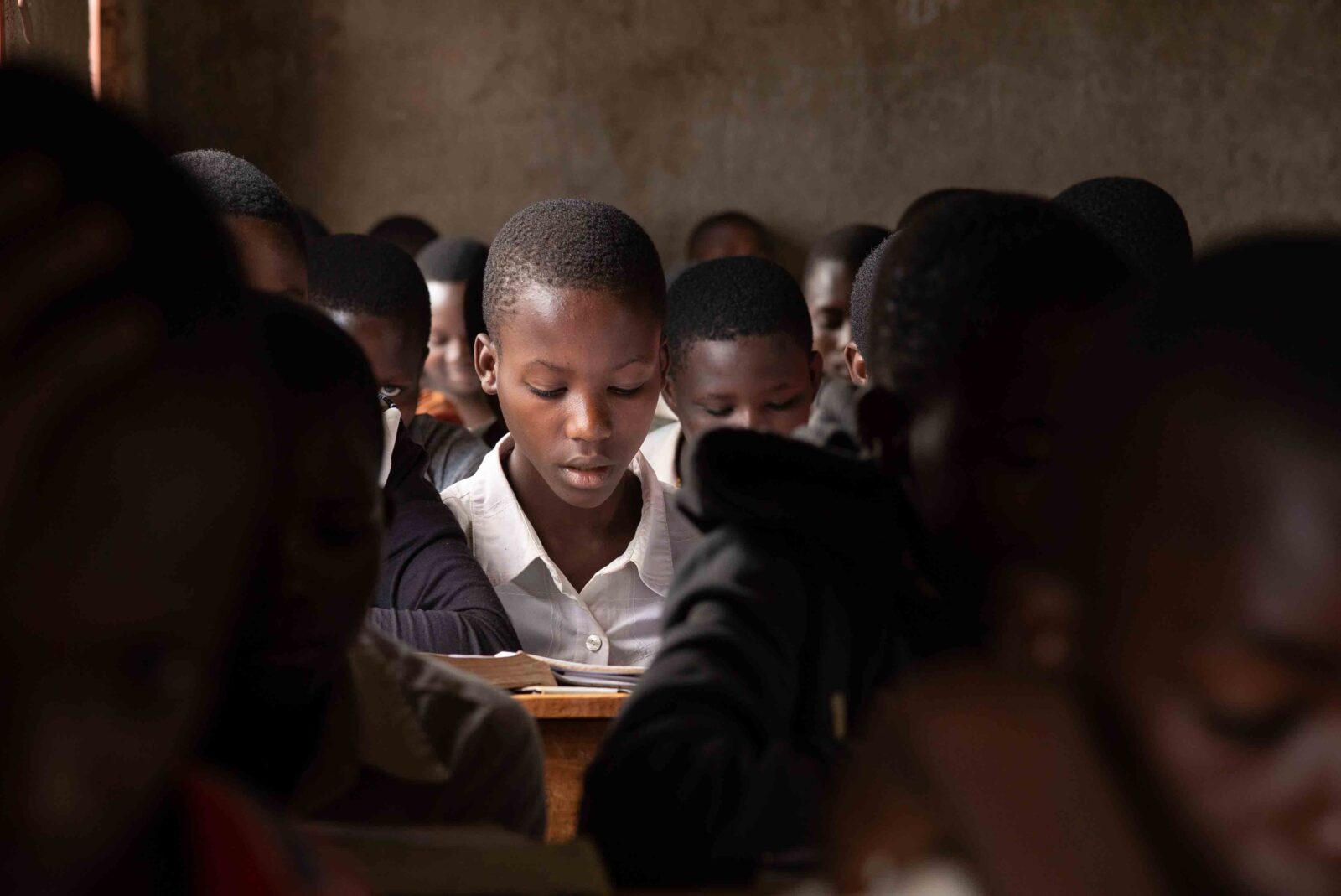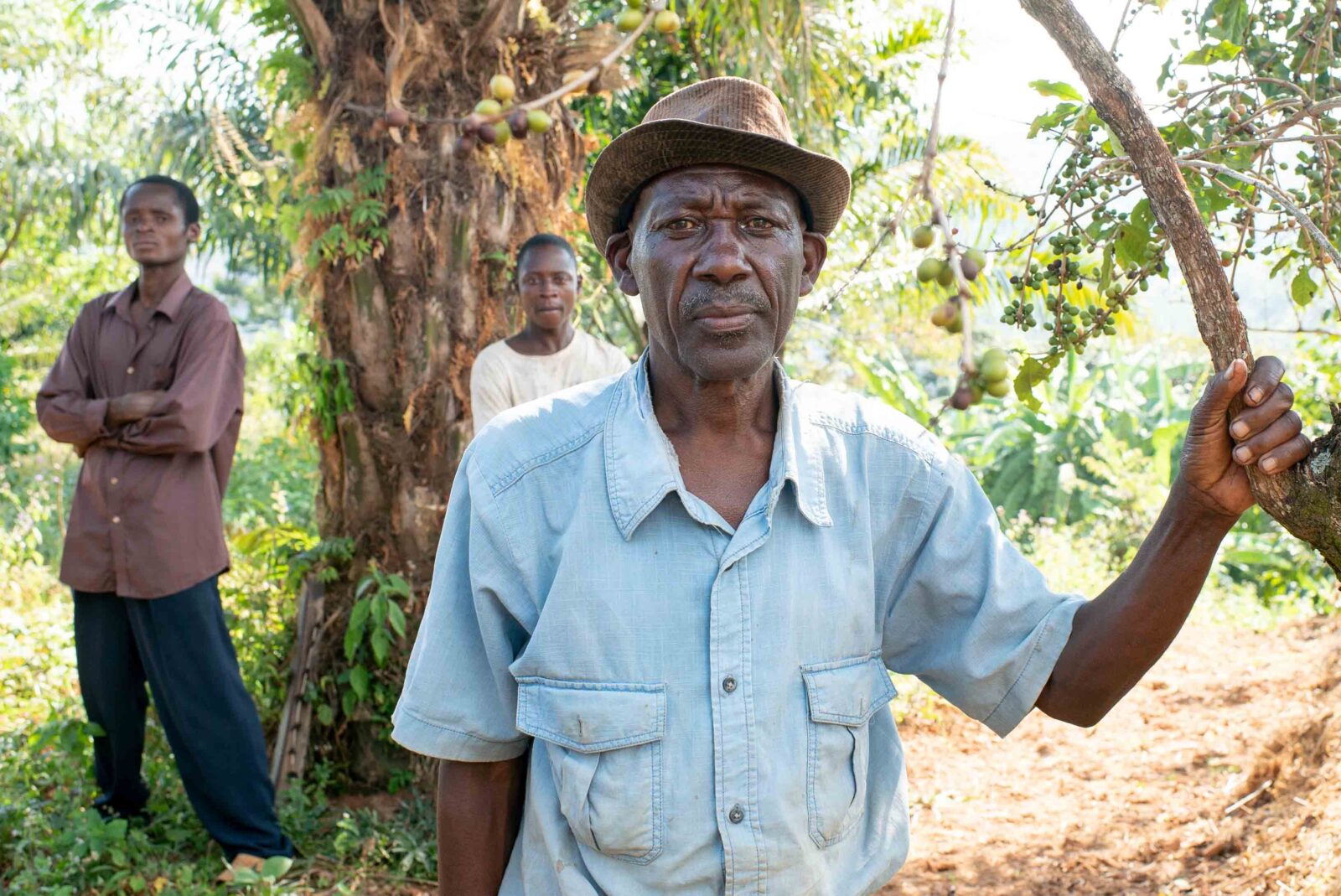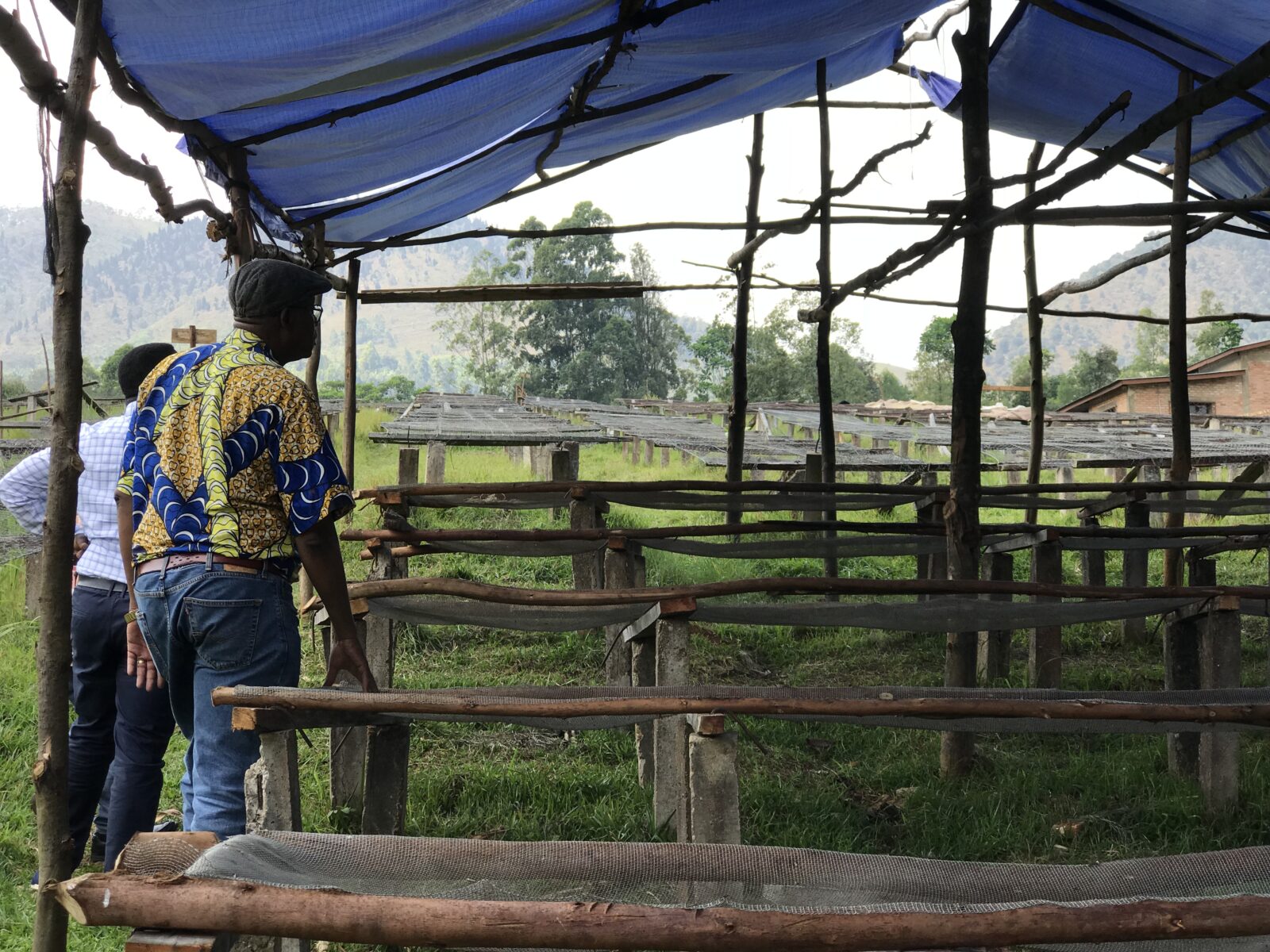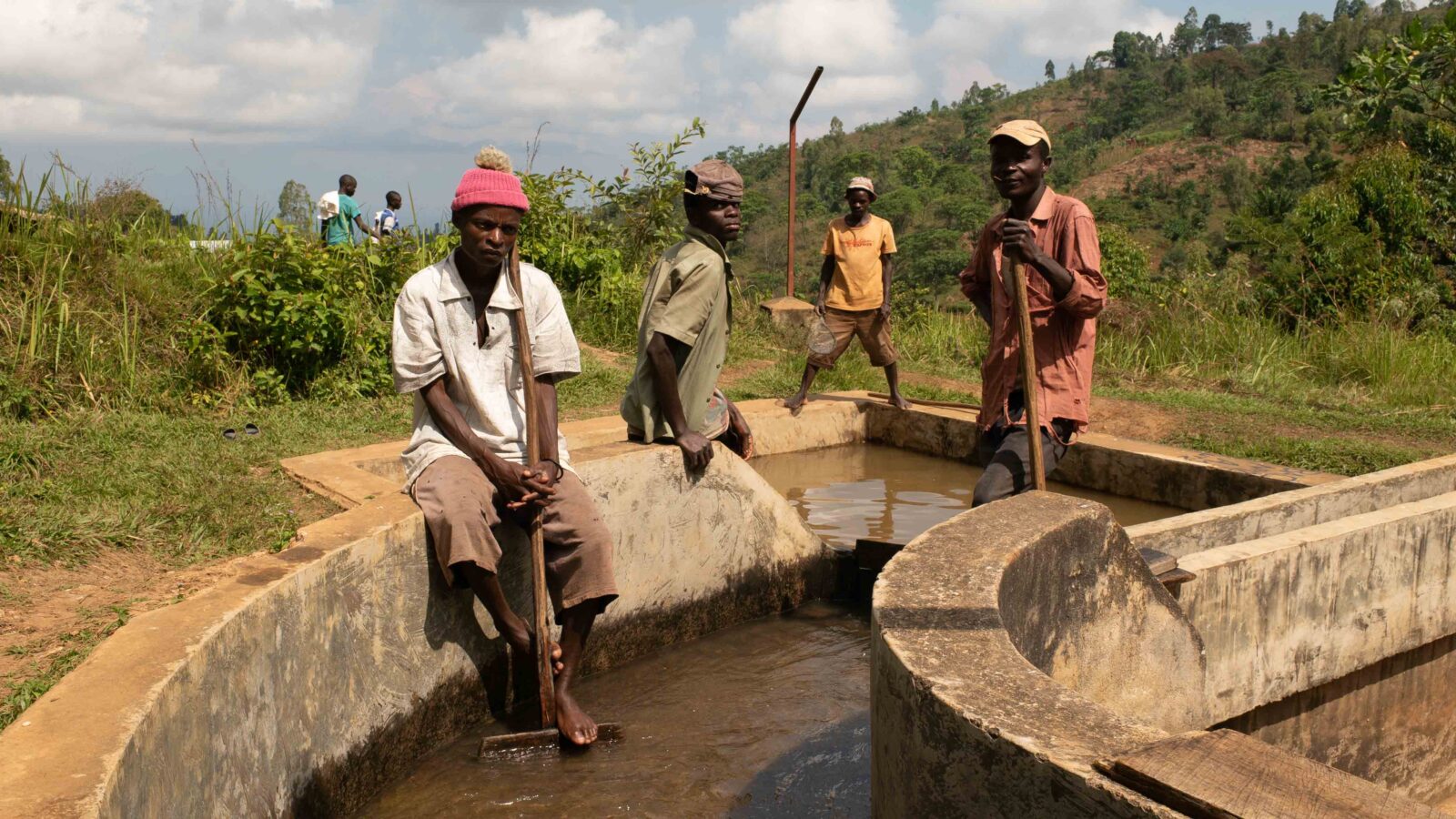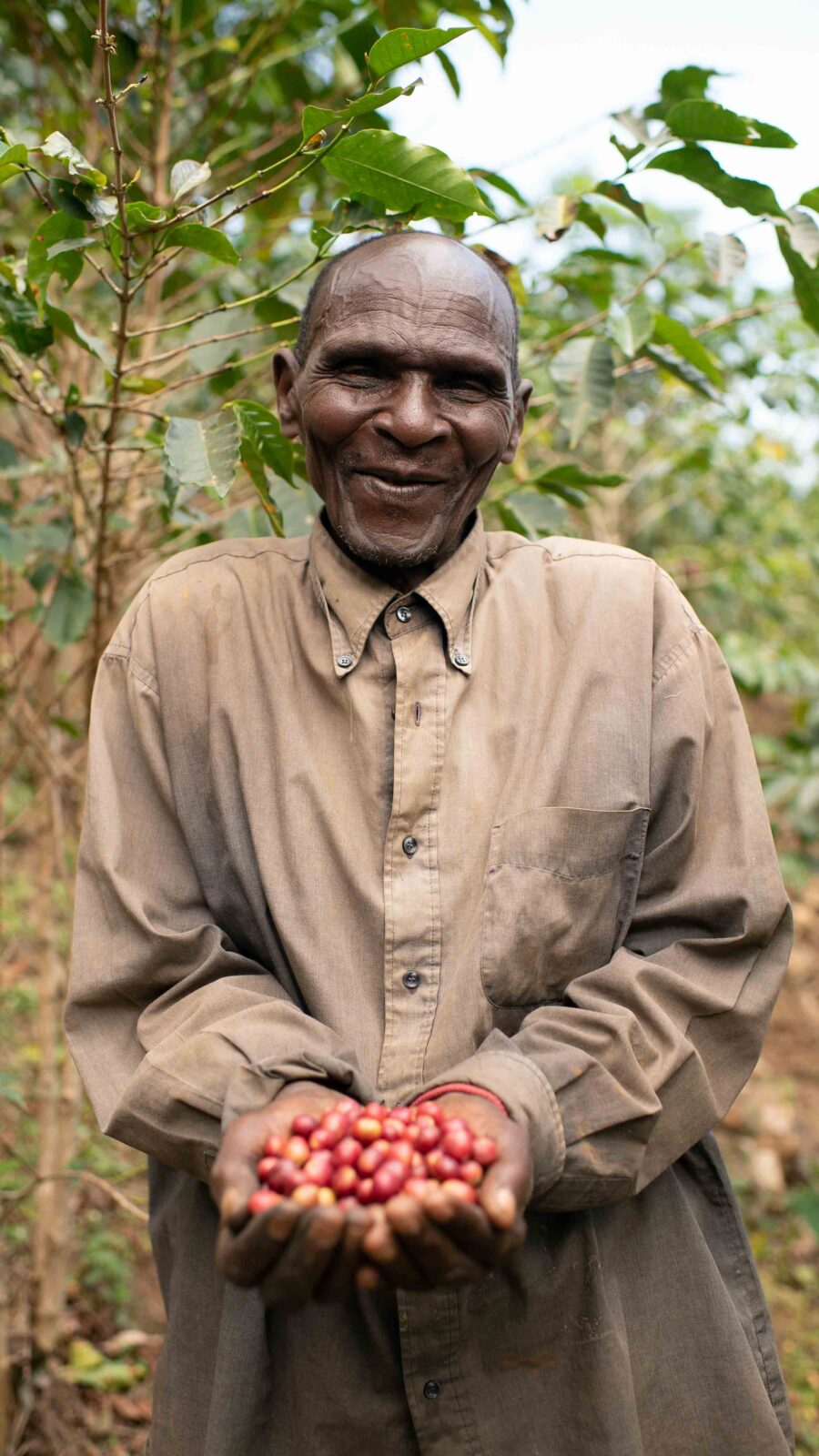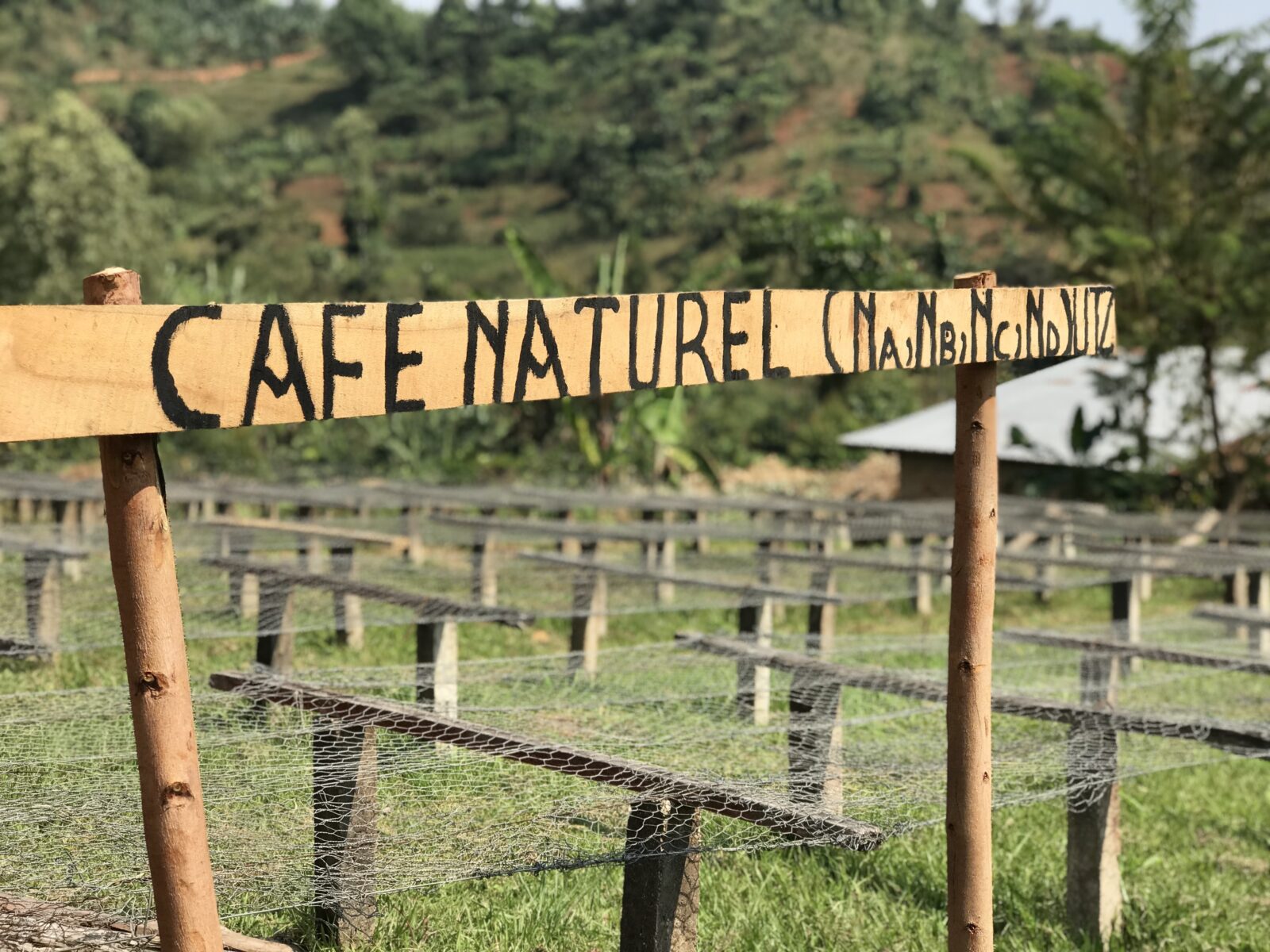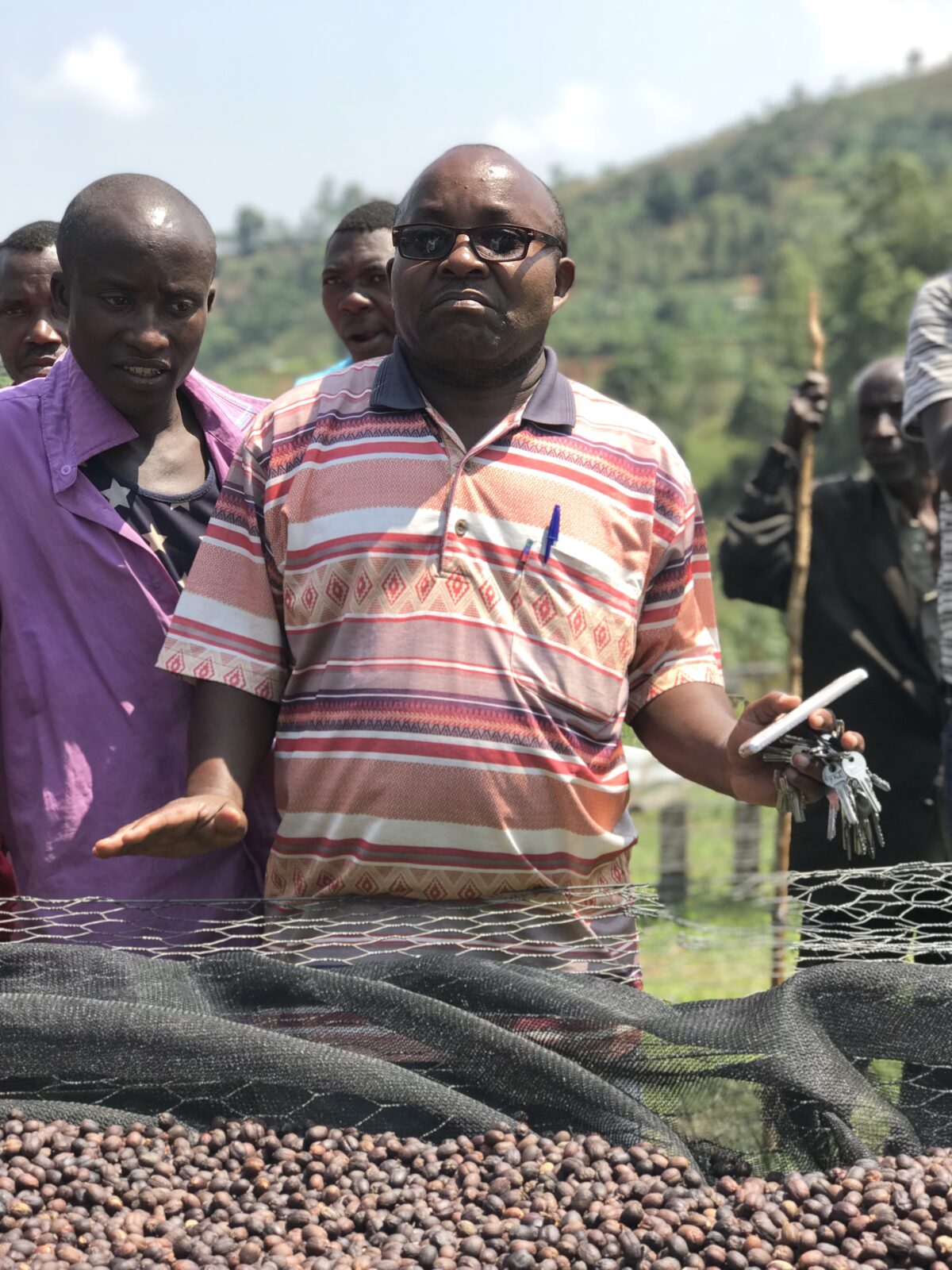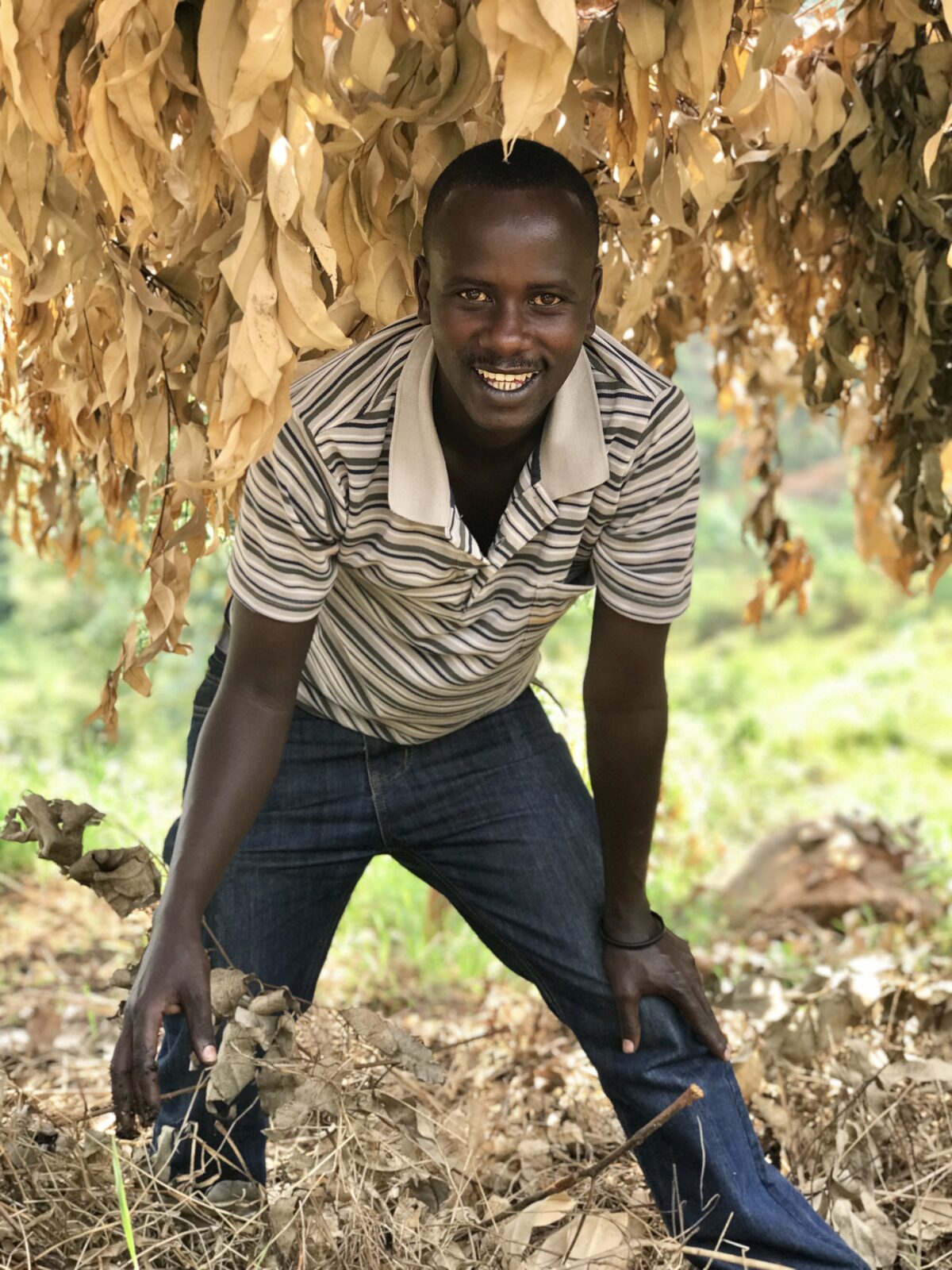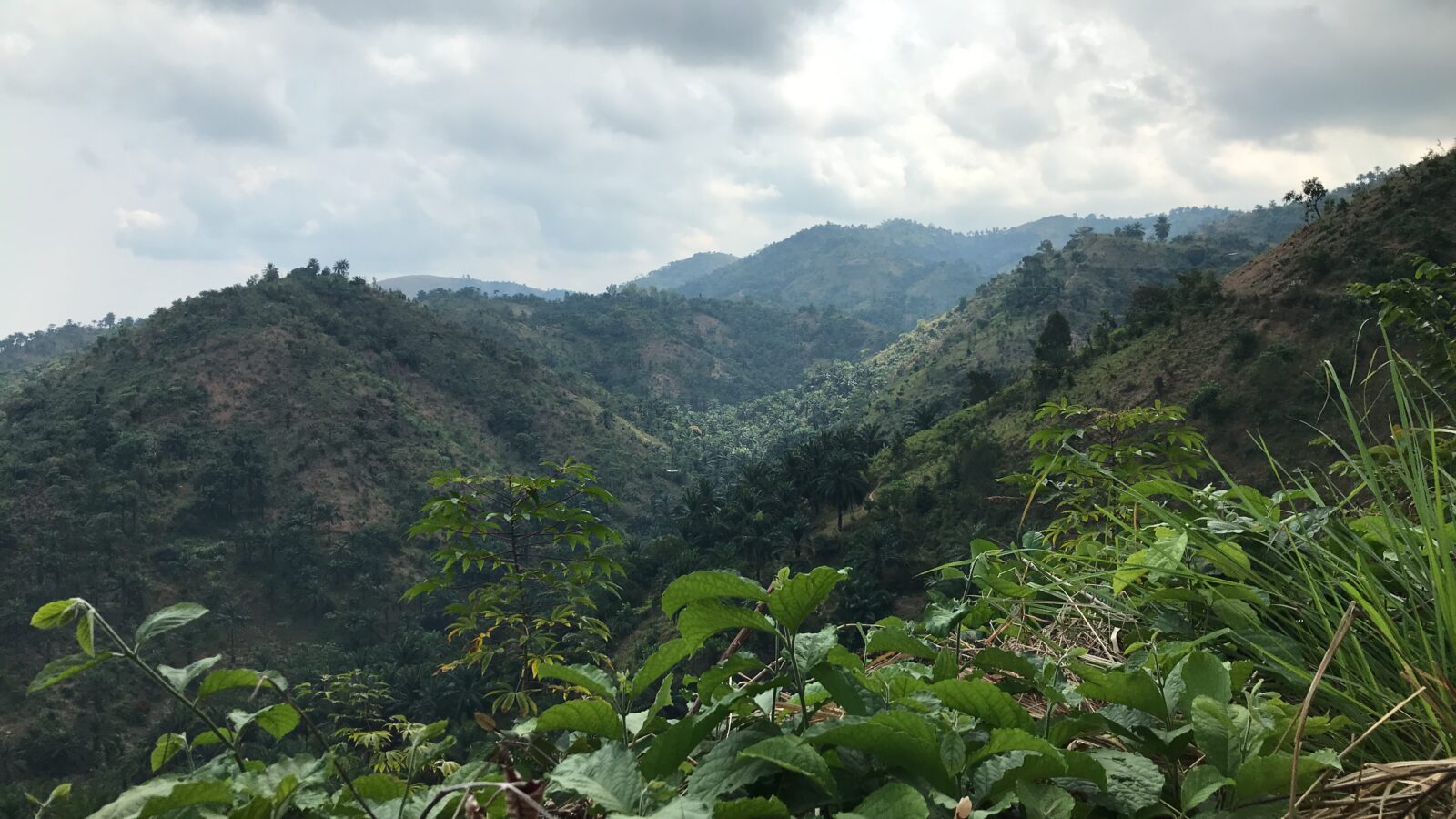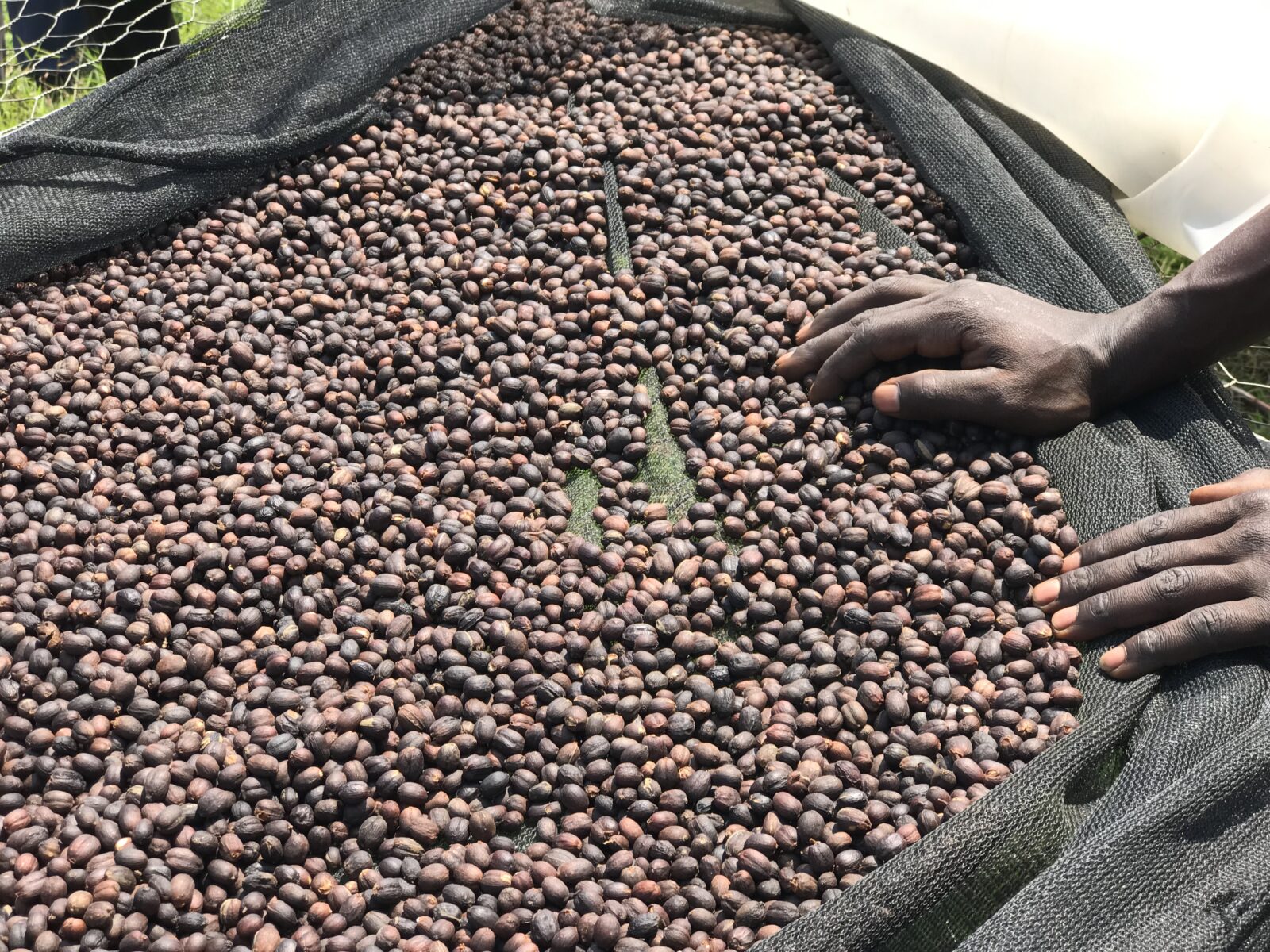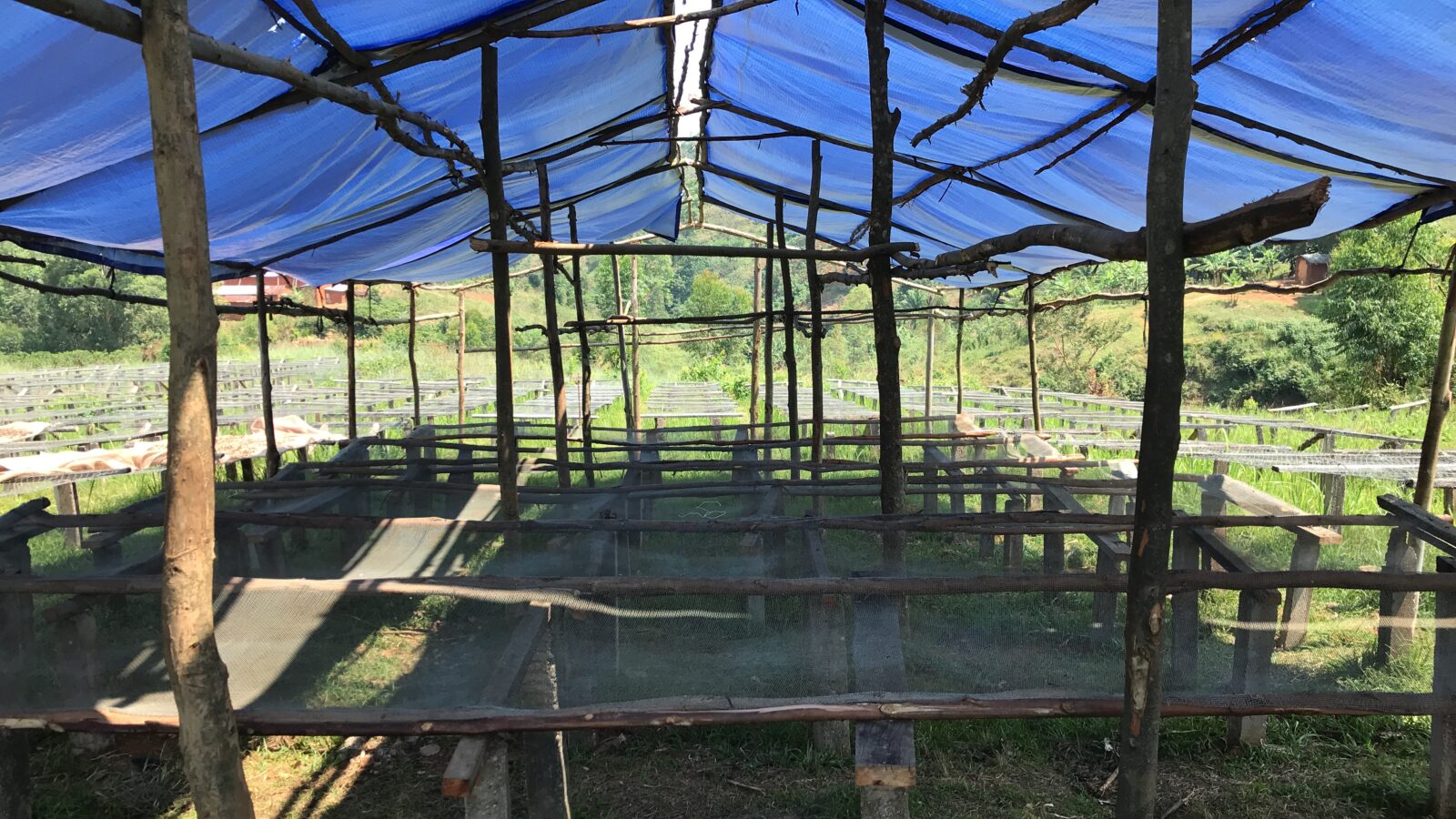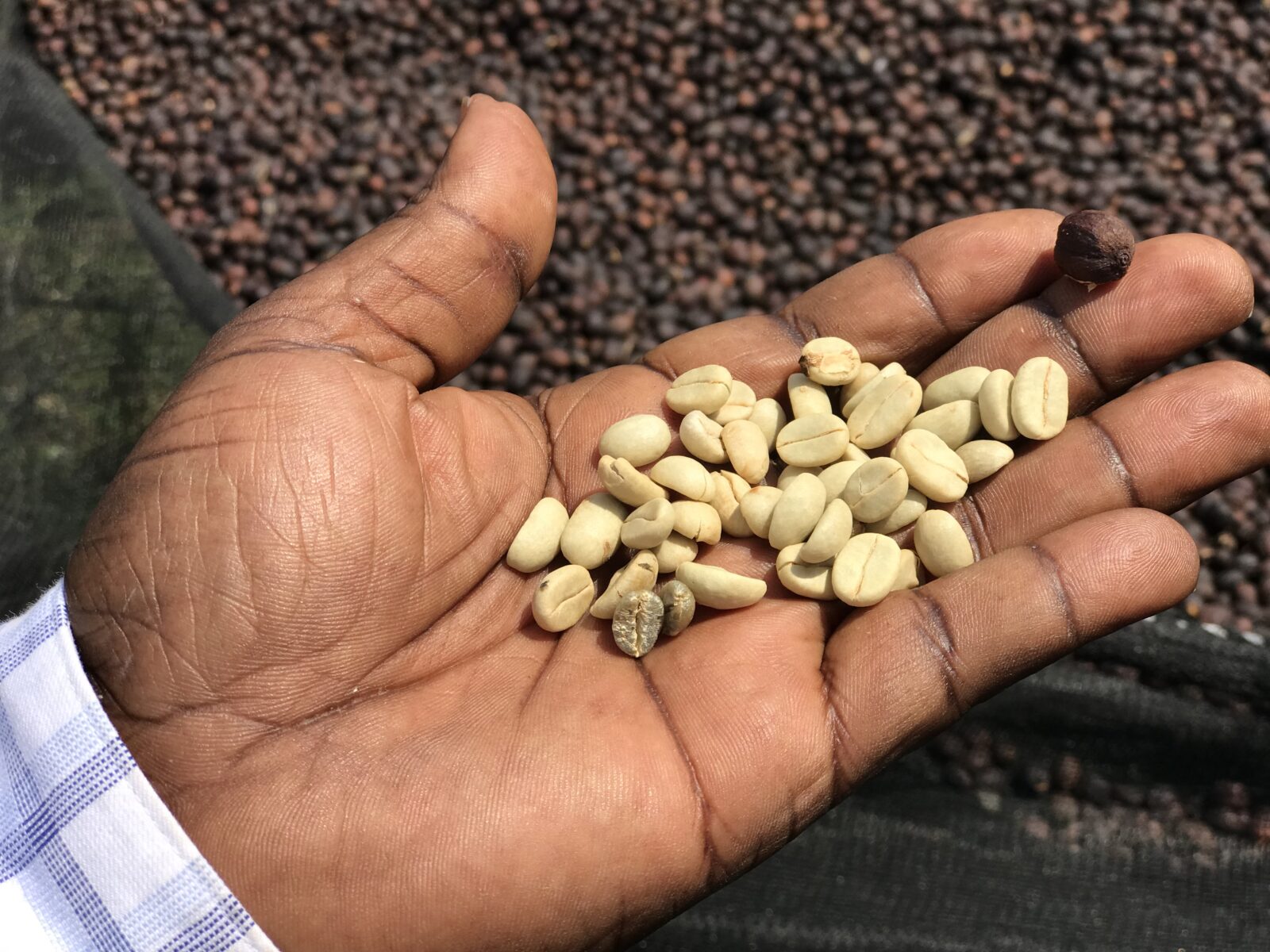Nyagashiha Natural Akawa Project Lot 3
Orgin Information
Elevation Ave: 1530
Farm Name: Nyagashiha Washing Station
Nyagashiha (pronounced NIA-GASH-IYA) meaning comes from the historical tree variety that once grew in the Murago region. This tree in Burundi’s local dialect Kurundi was called “Imishiha” and served for the construction of houses within the community. Nyagashiha washing station is located 86km south of the capital Bujumbura. It is surrounded by steep valleys where most of the land is used by farmer/family communities who not only grow coffee but also fruit and vegetables. Jean-Baptiste Bigirimana is the manager who oversees the 1172 farmers who produce roughly 400MT of exportable green coffee per harvest. The region has a temperate year round average of 18 degrees, which allows the cherries to develop slowly, creating greater complexity in the cup. On top of these ideal conditions for growing coffee Jean-Baptiste insists on rigorous double sorting of all lots that pass through the mill. This creates incredible complexity, cleanliness and consistency in the cup. Jean-Baptiste is what you call a “yes” man. He has been the leading coffee innovator across all the washing stations within the Akawa project. Every time Succam has pushed for new processes or quality improvements it has been JB to first take on the challenge. Working in coffee since 1992, JB graduated in agronomy school and from there worked across several state owned washing stations. In 2008 he was appointed manager at Nyagashiha and has been the main driver for coffee excellence and quality control. His hard work recently became officially recognised when the washing station placed in the top 20 of Cup of Excellence – 2019. The Nyagashiha mill is one of 13 mills that form the Akawa project. A joint venture between SUCCAM and Supremo, the Akawa project was created to help producers escape the cycle of poverty in a sustainable and equitable way. Producers, striving for fairer remunerations and better living conditions, demanded a path towards prosperity. As such the project's working directives are based around UTZ certification standards, focusing on good agricultural practices, environmental responsibility and social equity as the central tenets of success for project members. General Information Latitude, Longitude: -3°81'77''S 29°43'04''E Altitude: 1530 masl Participating Farmers: 1172 Farmers Year Created: 1990 Coffee Variety: Red Bourbon Soil Type: Humus-Volcanic Soil Average Rainfall: 1350 mm Average Temperature: 18 °C Processing capacity: 400 MT of green coffee Drying Beds: 220 Seedlings in nursery: 26484 (August, 2018) Washing station Manager: Jean-Baptiste Bigirimana Agronomist: Abraham Bizimana Nyagashiha School Project – Supported by the ECOM Foundation the school was built in 2002 under the impulse of parents who wanted to have a school closer to their homes. Today the school has 306 pupils aged between 7 and 15 years. The support from the foundation covers both the educational aspect of introducing pupils to coffee growing and the painting of the main school buildings. This school has been partnering with the Akawa Project since 2019 and under the advice of the Nyagashiha Manager Jean-Baptiste and Agronomist Abraham Bizimana the pupils (78 of them, in grades 7 to 9) were given coffee seedlings and were show how to prepare the plot of land to plant the seedlings on (plowing, mulching, planting). The next phases include the replication of trees – once the small tree is about 25 cm tall it is bent like an arch and the tip is planted in the ground, this generates various trunks of which the 3 strongest ones will be kept. As time progresses and the trees on their demo plot grow the pupils will learn to prune, apply manure, and all other crop maintenance activities. Having their own coffee farm at the school will allow them to link theory and practice more easily and to generate small revenues for the school which struggles to receive consistent financial support from the Ministry of Education. Once the trees will produce cherries (in 2021/22) the crop will be sold to the project and the profits generated will allow the school to cover part of its operational budget (Government support is close to nil).

